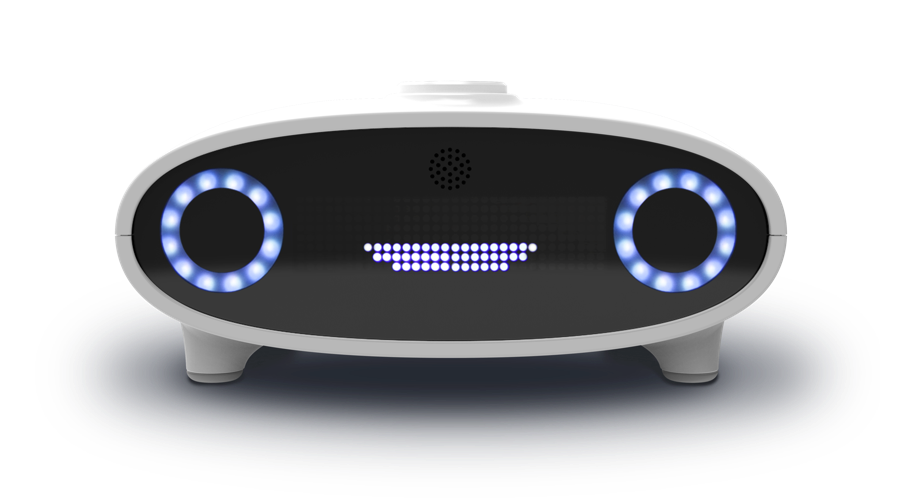Mycroft see the future in Blockchain.
This is really quite exciting. Mycroft or rather Mycroft-AI is an open source digital assistant that aims to bring privacy back into the equation. To that end they have created a couple of crowd-funding campaigns a produced some open hardware devices based around the Raspberry Pi
Although the Mk II is still in development, Joshua Montgomery, the CEO of the Mycroft Foundation, wrote a blog postwhich has some great insights into their move to blockchain technology and resonates very well with Steemit mentality.
To quote from the blog:
You should only adopt technology that solves a current problem and, in the best case, helps solve several others while making room for future advancements. As we looked at our current challenges, we saw:
- Openness and Privacy are both desired, but seem at odds with each other. But blockchains advance both extremely well.
- Centralization creates a single point of failure. Blockchains are built on distribution, yielding stronger overall systems.
- Current software development models are distributed, but the financial models are still built around centralization of banks, credit card processors, and single large organizations that bring in revenue from users and distribute as they see fit.
This is true blockchain tech can address this issues and it is a wonder we are not all thinking of new ways to increase resilience and privacy. After all the Internet is becoming hostile place were site and services are blocked or governments and corporations spy on us for dubious motives.
So what can blockchain bring to the AI world. Well one of the features of a blockchain is the idea of distributed work, one of the key factors you need to get responsive AI system to be useful and accurate in many situations is that of machine learning, or to frame it another way , taking data from many different sources and working out what is correct or not. A blockchain is just like a distributed database so sharing data among devices would come natural and the privacy aspect of it will be inherit.
Josh goes on to say:
does it make sense for Mycroft to develop its own chain? Yes. Unequivocally yes. We’ve carefully evaluated solutions from existing blockchain communities and none have the features we are looking for. We need to protect user privacy, store large volumes of data, and securely distribute API services. Unfortunately nothing out there meets our needs today, though off-chain solutions like Lightning Labs’ LND comes close. If something did exist and came with the resources to implement it we’d certainly make use of it. As it stands now we’d have the responsibility, and opportunity, to tailor our chain to the exact needs of our community.
We also need to be sure that, if we deploy a chain, it incorporates privacy by design. Existing chains focus on transparency and non-repudiation much more than they focus on privacy, so to achieve our goals without forking an existing project, we’d need to develop our own chain. Believe me, we won’t undertake that effort lightly.
Finally, we got a lot of questions about what a Mycroft crypto mining community might look like. Will it be large enough? Yes. A Mycroft token would be designed so that the Mark I, Mark II, or Mark III (you didn’t know about that one, did you) will be able to mine the coin. That means we will instantly have thousands of devices participating in the network if, of course, our users opt-in.
Needless to say these are still early days and nothing has been finalised but as a backer of Mycroft from the very beginning I have to say I am really excited at the prospect of two of the greatest ideas in the last few years coming together to make and even better idea.
Also by booking this also up to Mozilla' s Deepspeech Project the prospects for a privacy aware open source solution to digital assistants looks very enticing indeed.
If you want to get behind Mycroft you can still back a MKII on Indiegogo make no mistake it has been a slow evolution but the Mycroft guys are dedicated to fulfilling that vision of a free and open world where human can interact with computers without giving up their much valued privacy.

